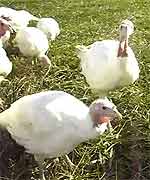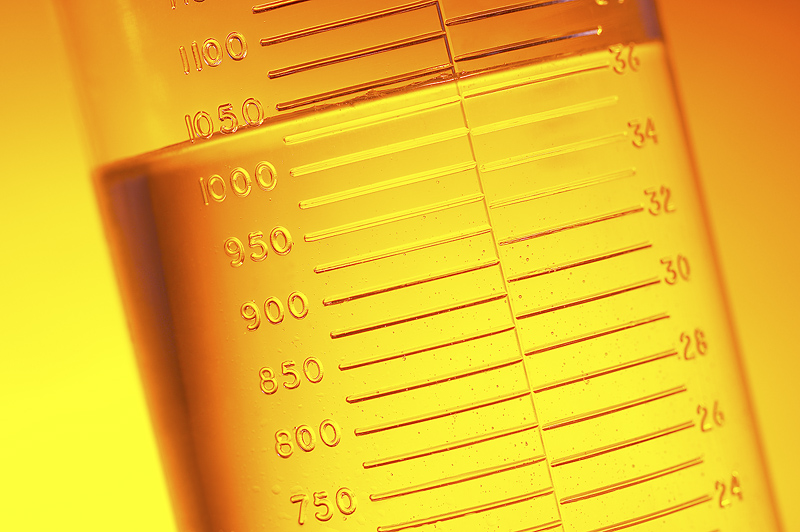
THURSDAY, Nov. 22 (HealthDay News) — The turkey that makes a special guest appearance on your Thanksgiving dinner table is genetically very distinct from its wild-roaming ancestors, researchers say.
A team at the U.S. Department of Agriculture compared the genetic diversity of modern domestic turkeys and the ancestral wild turkey from Mexico and were surprised by what they found.
Not only do domestic turkeys have less genetic variation than their wild counterpart, they also have less genetic variation than other livestock breeds such as domestic chickens or pigs, according to the study published recently in the journal BMC Genomics.
The reduced genetic variation in domestic turkeys affects body size and breast muscle development, features that are of course important to holiday diners.
“Few people know that the commercial turkeys served at Thanksgiving descended from Mexico, where they were discovered during the Spanish Conquest and transported to Europe,” study senior author Julie Long, a research physiologist with the USDA’s Agricultural Research Service, said in a Smithsonian Institution news release.
“During the next 100 years, Europeans created many different varieties of the domesticated turkey,” Long explained. “It’s important to assess the differences between ancient and modern domesticated turkeys in the event that some unforeseen problem might threaten the stability of the commercial turkey lines.”
For this study, the researchers compared the genomes of several types of domestic turkeys and the genomes of three South Mexican wild turkeys that were collected in 1899 and became specimens at the Smithsonian’s National Museum of Natural History.
“It is often the case that selection in domestication reduces the level of variation,” Rob Fleischer, head of the Smithsonian Conservation Biology Institute’s Center for Conservation and Evolutionary Genetics, said in the news release.
“What did surprise us, however, is how well the ancient DNA from the three museum specimens worked to generate the genome sequences needed to determine the genetic variation and structure,” he said. “These data and this approach show great promise for determining what genes were involved in the process of turkey domestication.”
More information
The Cornell Lab of Ornithology has more about wild turkeys.

